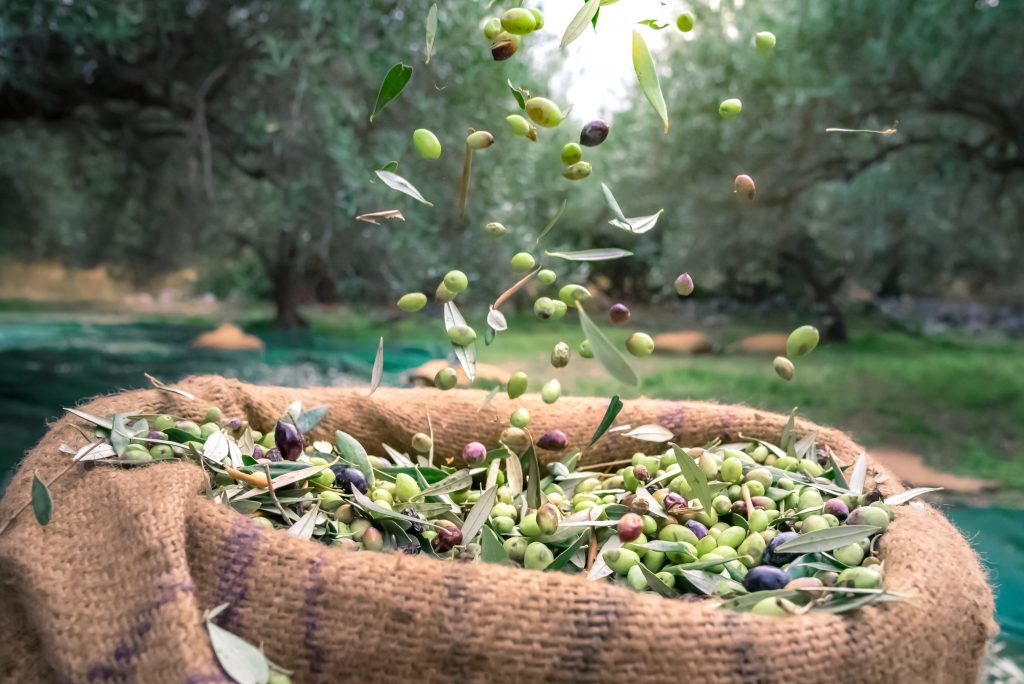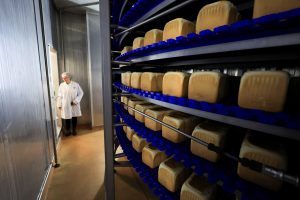Starting March 1, new measures to curb high prices, announced by Minister of Development Kostas Skrekas, will come into effect. With these initiatives, the government wants to succeed where previous attempts fell short by providing relief to households, particularly low-income ones.
One key focus lies in the 13 “restricted” categories, which include items such as detergents, soaps and personal hygiene products. Alongside this, there’s keen anticipation regarding the impact of capping prices on infant formula.
However, the pressing question remains: will consumers truly benefit from lower prices? Insights from industry insiders suggest that while nominal prices may drop, restrictions on offers might offset these reductions, leaving average prices unchanged.
Skrekas asserts that more than 2,000 product codes will see permanent price reductions exceeding 10%, dispelling notions of mere temporary fixes.
Yet, re-pricing persist. Despite a three-month ban on offers, Aristotle Panteliadis, president of the Supermarket Association, notes that re-pricing for four out of five products remains in effect, raising doubts about the efficacy of the measures.




